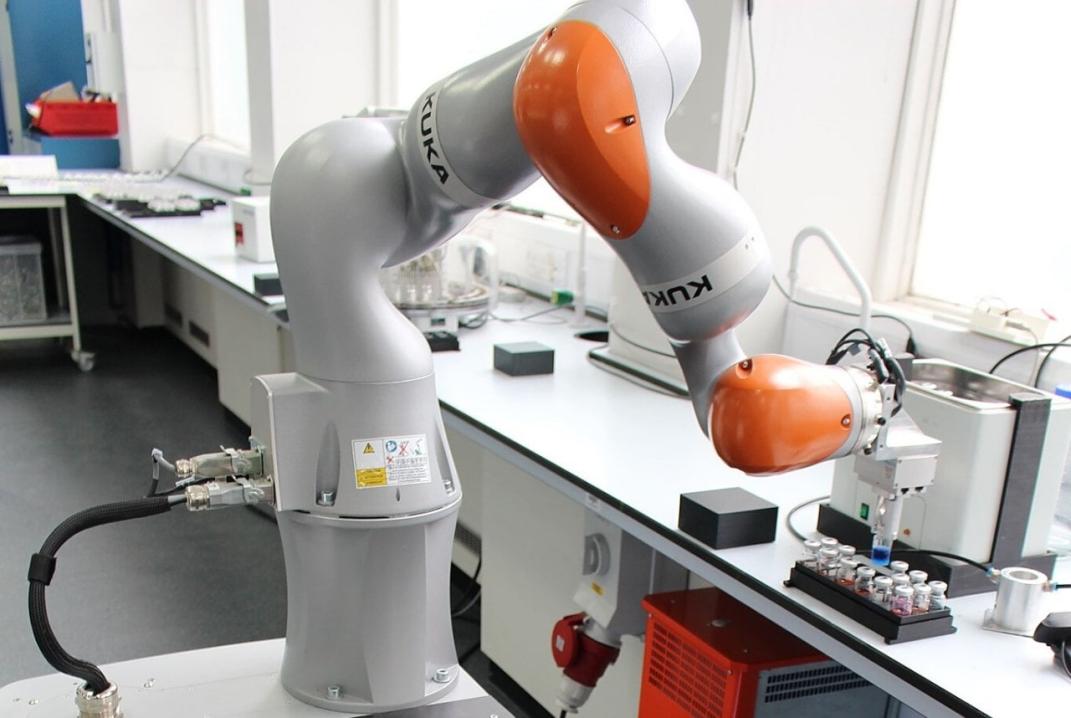What Are the Educational and Training Requirements for Careers Involving AI and Robotics?
Artificial intelligence (AI) and robotics are rapidly transforming industries worldwide, creating exciting career opportunities for those with the necessary skills and knowledge. Understanding the educational and training requirements for careers in these fields is crucial for individuals seeking to pursue a fulfilling and successful path in AI and robotics.

Educational Requirements:
Undergraduate Degrees:
- Computer Science: A common undergraduate degree for those interested in AI and robotics. Covers core concepts in programming, algorithms, data structures, and software engineering.
- Electrical Engineering: Focuses on the design, development, and testing of electrical systems. Provides a strong foundation in electronics, circuits, and signal processing.
- Mechanical Engineering: Emphasizes the principles of mechanics, materials science, and thermodynamics. Prepares students for careers involving the design and construction of robots and robotic systems.
These undergraduate programs typically include core courses in mathematics, statistics, and programming, which are essential foundations for AI and robotics.
Specializations And Concentrations:
- Many undergraduate programs offer specializations or concentrations in AI and robotics, allowing students to focus on these fields within their chosen degree.
- These specializations often include courses in machine learning, computer vision, natural language processing, and robotics control.
- Students pursuing these specializations gain in-demand skills and knowledge, preparing them for careers in AI and robotics.
Postgraduate Degrees:
- For advanced roles in AI and robotics, pursuing a postgraduate degree is highly recommended.
- Common postgraduate programs include master's and doctoral degrees in computer science, robotics, and related fields.
- These programs typically involve coursework, research, and a thesis or dissertation, providing students with specialized knowledge and research experience.
Training And Certification:
Online Courses And Platforms:
- Numerous online courses, tutorials, and platforms offer training in AI and robotics.
- Popular platforms include Coursera, Udacity, and edX, which provide courses from leading universities and industry experts.
- Online learning enables individuals to develop skills and knowledge at their own pace and convenience.
Bootcamps And Workshops:
- Bootcamps and workshops provide intensive training in AI and robotics, often lasting a few weeks or months.
- These programs are designed to equip individuals with practical skills quickly, preparing them for entry-level roles in AI and robotics.
- Reputable institutions and companies offer bootcamps and workshops, providing hands-on experience and project-based learning.
Industry Certifications:
- Industry certifications demonstrate proficiency in AI and robotics, enhancing job prospects and career growth.
- Professional organizations and companies offer certifications in various AI and robotics domains.
- Earning industry certifications validates skills and knowledge, showcasing competence to potential employers.
Careers in AI and robotics offer immense potential for growth and innovation. The educational and training requirements for these fields vary depending on the specific role and industry. A combination of formal education, online learning, bootcamps, and industry certifications can equip individuals with the necessary skills and knowledge to succeed in these rapidly evolving fields. Continuous learning and skill development are essential to stay ahead in AI and robotics, ensuring a successful and fulfilling career.
YesNo

Leave a Reply